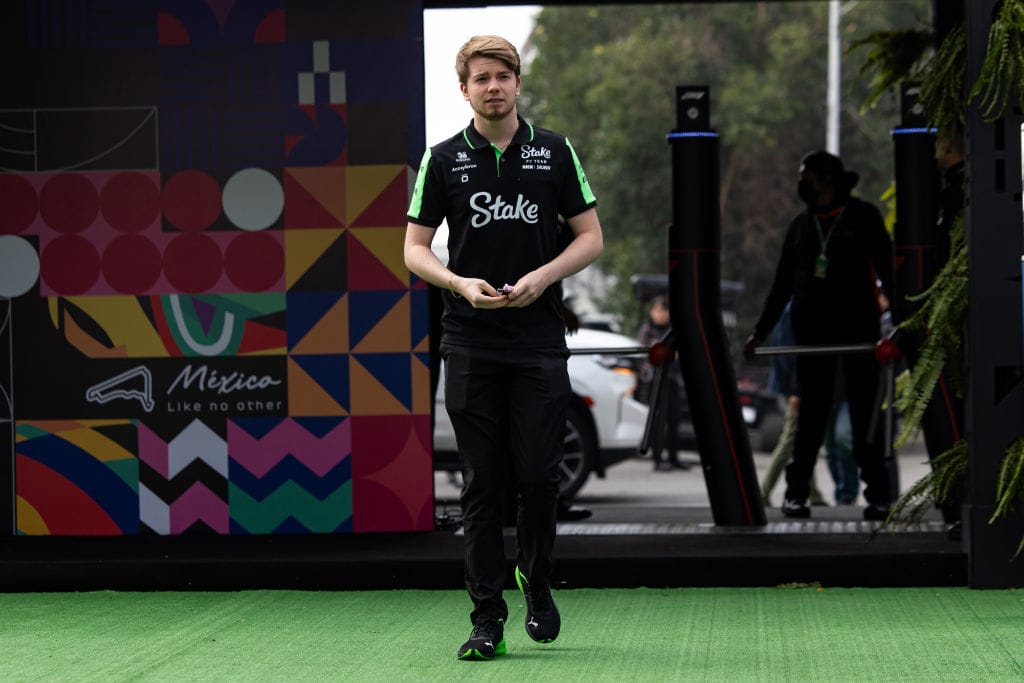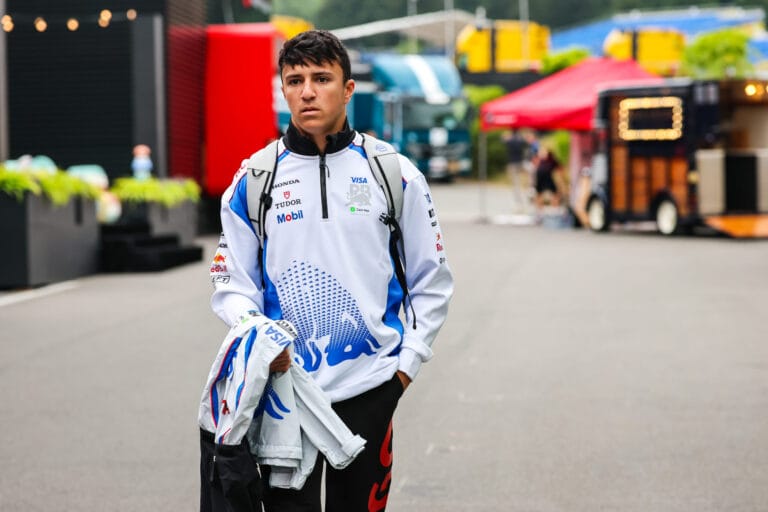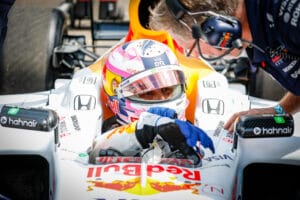The 2025 Formula 1 season brings a significant change: teams are required to deploy a rookie twice per season during free practice sessions for each car. This doubles the opportunity for young talent to prove themselves. However, not everyone is pleased with this rule. Teams face new challenges, opponents warn of risks, and rookies bear more responsibility than ever before. What does this mean for the upcoming season?
Why a mandatory deployment of rookies?
At first glance, it seems like a striking rule. In sports such as football or basketball, there is no mandatory deployment of rookies. The result is paramount, and teams decide for themselves how to remain competitive. So why does the FIA want to introduce this in Formula 1?
According to the FIA, it is important to narrow the gap between young talent and Formula 1. There is much criticism that promising drivers in lower classes get little chance to make the leap to the top class. By mandatorily deploying rookies more often, a clearer development trajectory emerges. Additionally, the rule is intended to contribute to the entertainment of the sport. Fans get a glimpse into the future with young drivers who could blossom into stars such as Oscar Piastri.
How important are free practice sessions?
The rule only applies to the deployment of rookies during free practice sessions, not during the races. So how much influence does this actually have? Quite a lot, according to insiders. Teams use these sessions to gather crucial data about the car, tires, and the circuit, and to perfect settings. For the drivers, it’s a chance to explore the circuit and adapt their driving style to the unique characteristics of each track.
Although no points are awarded during free practice sessions, poor preparation in these sessions can have a domino effect on the qualification and the race. Giving up this valuable time to a rookie carries risks: you miss the feedback from the experienced driver. And mistakes can cause costly damage.
What Do the Opponents Say?
Not everyone is pleased with the new rule. Teams emphasize that the loss of crucial testing time is a significant disadvantage, especially from a competitive standpoint. Toto Wolff from Mercedes referred to it as a risk that a rookie might make mistakes, causing teams to miss out on important data. Additionally, there is concern about damage and the associated costs, as inexperienced drivers are more likely to make errors. Particularly for teams battling for the championship, this obligation can be challenging, especially on technical circuits like Monaco or Singapore. For them, surrendering practice time to a rookie feels more like a necessary evil.
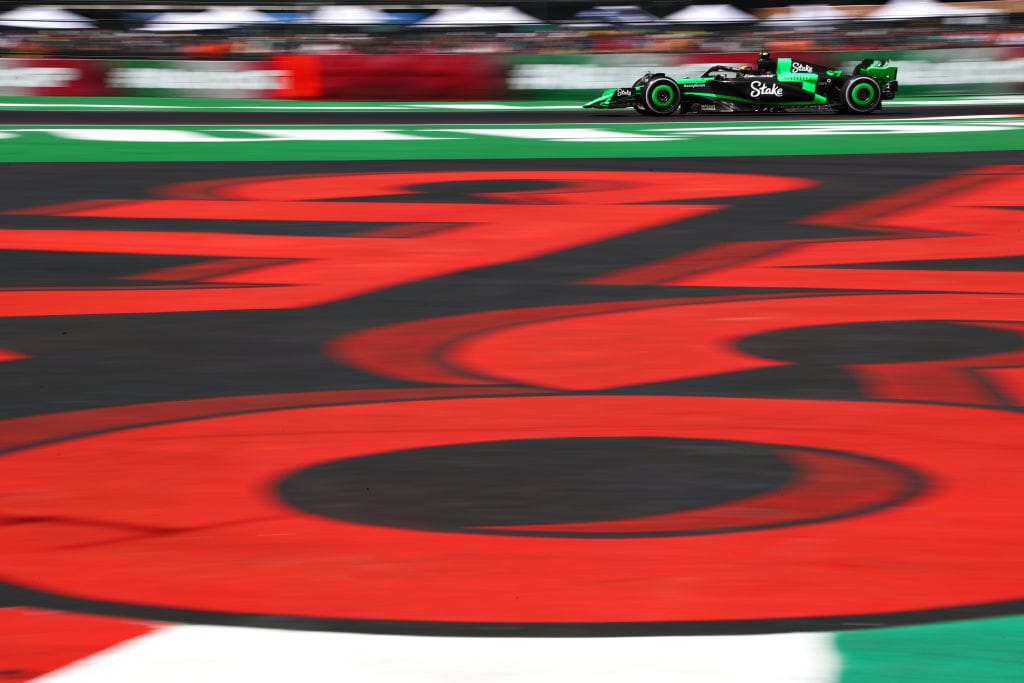
What Does This Mean for the Teams in the New Season?
Now that the new rule is a fact, it is crucial for teams to respond as strategically as possible. Here are some considerations they need to keep in mind:
- When to deploy rookies? Deploying rookies during less critical races can help teams minimize risks, especially on technical circuits where every second counts.
- Rest period for regular drivers? With this rule, free practice sessions can also be strategically used to give regular drivers an extra rest period in a physically and mentally demanding season. But does this outweigh the loss of valuable preparation time?
- Looking a bit further ahead? Teams with strong junior programs, like Red Bull, can view the rule as an investment in the future. By allowing rookies like Isack Hadjar or Jack Doohan to gain experience, they lay the foundation for future stars – without the pressure of a full race weekend.
Playing with Fire?
The new rule regarding the deployment of rookies changes the landscape of Formula 1. It offers opportunities for young talent and can provide strategic advantages to clever teams, but it also raises concerns about costs, risks, and lost preparation time. One failed free practice can have enormous consequences – in a sport where every millisecond counts. Regardless, 2025 will be a season where fresh blood plays a bigger role than ever before.


